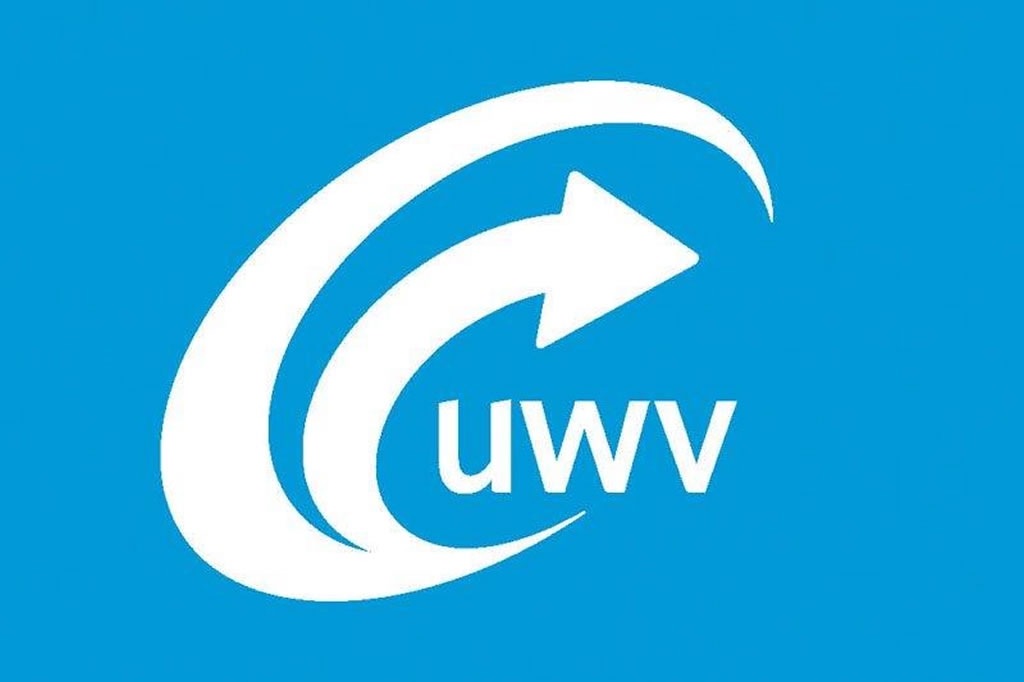If an employee becomes ill, the employer must pay the salary for up to 2 years. If the employee is still ill after 2 years, the employee can apply to the UWV for disability benefit (WIA). Sometimes the UWV will not yet process this application because the employer has not fulfilled his obligations. So what should an employee do?
continued payment of wages in the event of illness
Employers are required by law to pay the salary of sick employees. Many people still refer to this as “walking into sick leave.” This is actually incorrect because a sick employee does not receive Sickness Benefits but just salary. Many employers have taken out insurance for this purpose, but not all employers have such absenteeism insurance and it therefore frequently happens that the employer does not pay the salary despite the illness, even though this is required by law.
Normal duration of wage continuation: 2 years
The obligation to pay wages during illness lasts for up to 2 years if the employer complies with the legal obligations. For example, the employer must engage a health and safety service to create a plan of action. The point is to get the employee back to work – preferably in his own job – as soon as medically possible. This is called “reintegration.” Reintegration is not always possible; in the case of serious illness and limitations, an employee cannot work again, neither in their own work nor in other work or adapted work. But that then be properly recorded in reports. This allows the UWV to verify that everything has been properly examined.
UWV can extend the obligation to continue paying wages
After two years of illness, the employer’s obligation to continue paying salary in the event of illness ends. The employee can then apply to the UWV for an incapacity benefit (WIA). If the employer has not complied with the legal requirements during the first 2 years of illness, the UWV will find out quickly because there is no file from the occupational health and safety service or company doctor. The UWV then assumes that the employer has made significant mistakes. UWV may then decide that the employer must continue to pay wages for a longer period. The sick employee will then not receive benefits: the decision on benefit entitlement (the examination or “assessment,” which determines whether the employee can still work in “prevailing positions”) is then postponed.
The employer’s response to the UWV decision
The UWV sends the decision to the employee and the employer. It may be that the employer accepts the decision, continues to pay wages, and works to make up for the mistakes. Then the employee doesn’t have to take action: the wages just come in. But if the employer does not, then the employee must take action and hire a lawyer. In this situation, the UWV delays processing of the WIA application; the employee will not receive WIA benefits for the time being and therefore has no income. Thus, how the employer responds to the UWV decision determines what the employee should do: go to a lawyer or not. Incidentally, it is wise for employees to go directly to a lawyer and not wait to see what the employer will do.
If the employer does not pay a salary: make a wage claim
The lawyer will help the employee by filing an interlocutory appeal. Summary judgment is a quick procedure that provides clarity within a few weeks. As specialists in wage claims, we can help employees quickly and successfully take the case to court. After the judgment, the employer can be forced to pay (even if he doesn’t want to). In a wage claim, we ask for both the back pay (for the period that has already passed: the back pay) and also the future pay, so that you only have to go to court once. In addition, on the overdue salary we also ask for the “legal increase”, a kind of penalty for late payment, interest and litigation costs.
What does the law say?
There is an important provision in the Civil Code that helps the employee on his way if the UWV decides that the employer must continue to pay wages for a longer period after the first 2 years of illness. That provision is art. 7:629 paragraph 11 sub b and d of the Civil Code. This article ensures that the employee is in a very strong legal position if he goes to the subdistrict court with a wage claim. For the employer, although he can file a defense with the subdistrict court, it will almost never succeed. The employee and the employer may object to the UWV’s decision. For the employee, this actually never makes sense: objection takes time and all that time there is no salary, so the employee is better off going to the subdistrict court. For the employer, objection sometimes makes sense, namely if UWV has made mistakes. This is a rare occurrence.
What an employer must do
The UWV’s decision is intended as an incentive for the employer to take action. If the employer was not affiliated with a health and safety service then this will still have to be done. The occupational health or safety physician must then “catch up” and ensure that the employer is still in compliance. These requirements include: submitting the plan of action, first year evaluation, final evaluation, problem analysis, current opinion and medical information to UWV.
The end of the wage continuation obligation
The wage payment obligation imposed by the UWV can end in various ways. It may be that the employment contract itself ends by resignation. Sick employees do need to be very careful and always use a lawyer if the employer wants to terminate their employment during illness. The reason is that UWV can deny benefits if the employee has not properly resisted dismissal during illness. Other ways in which the wage continuation obligation can end are:
– The employer’s objection to the decision is upheld because the UWV misjudged the case. UWV will then still make a decision on the requested benefit;
– the employer still complies with all obligations. If the employer has corrected its deficiencies, UWV will proceed with the assessment of the benefit application;
– The end date of the wage payment obligation expires. UWV always indicates in the decision a date on which the obligation to continue to pay wages will end if the employer does nothing.


